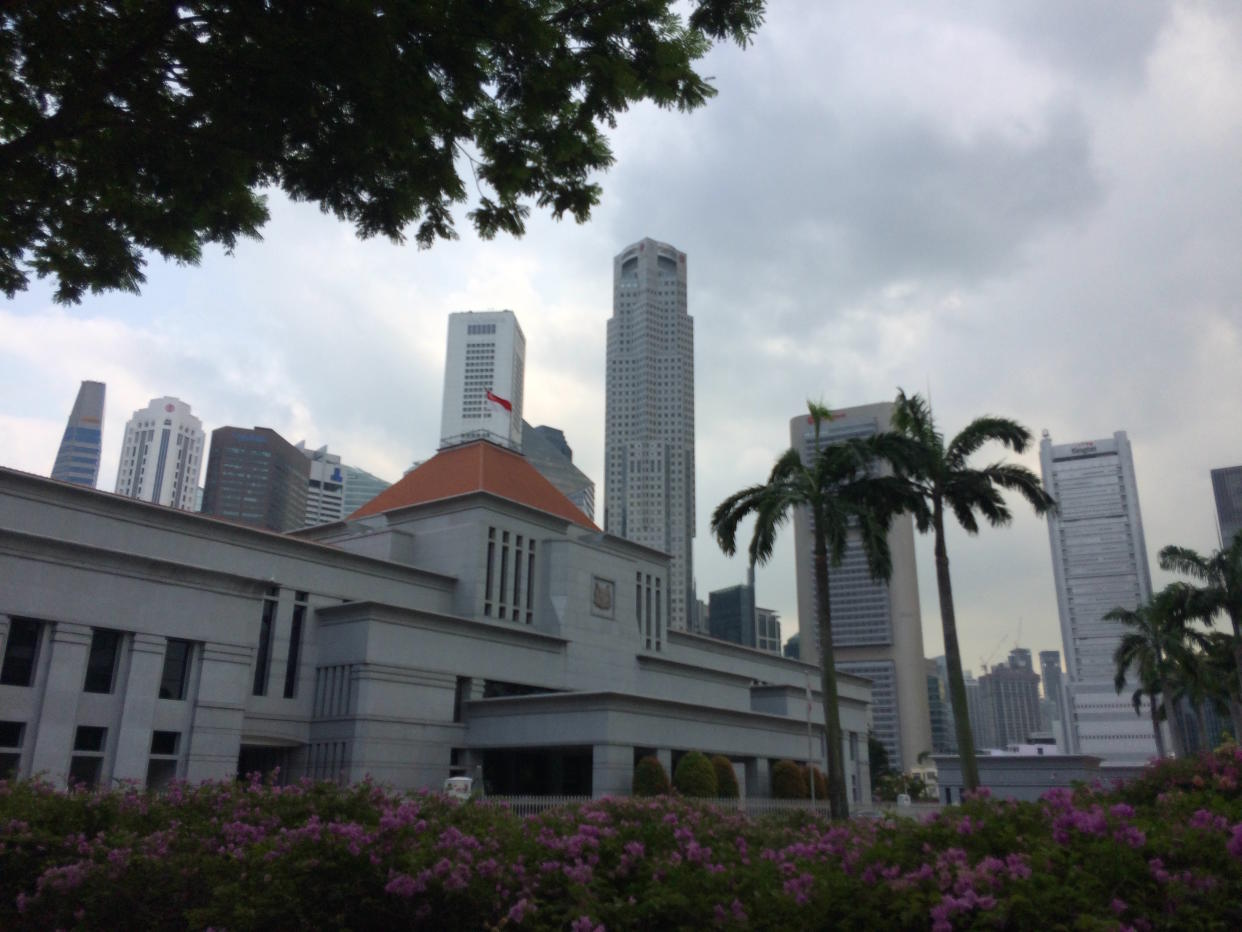Keppel O&M corruption probe 'not fully' under government's control: Indranee

The probe into the Keppel Offshore and Marine (O&M) corruption scandal is not fully within the Singapore government’s control as it involves numerous investigators and authorities across several jurisdictions, said Senior Minister of State for Law Indranee Rajah on Monday (8 January).
Indranee was speaking about the international bribery scandal that hit the Singapore-listed offshore rig builder during Parliament’s first sitting this year. It comes after the Workers’ Party said last month that it would raise questions about the corruption case at the parliamentary session.
The global resolution that Keppel O&M reached with authorities in US, Brazil and Singapore over the case achieved more than if the matter was prosecuted under Singapore laws alone, Indranee told the House.
Keppel O&M was fined US$422 million (S$562 million) as part of the resolution in relation to corrupt payments made by a former agent in Brazil between 2001 and 2014. The agent had paid US$55 million in bribes to officials in Brazil’s oil giant Petrobas and other parties in order to secure 13 contracts.
In Singapore, Keppel O&M accepted a conditional warning by the Corrupt Practices Investigation Bureau (CPIB) in lieu of prosecution, in part because the company voluntarily reported internal findings to the Attorney-General’s Chambers (AGC) and cooperated with investigators.
If Keppel O&M were to be dealt with under Singapore’s Prevention of Corruption Act (PCA), the maximum fine it would have faced is $100,000 per charge, said Indranee.
She was responding to Aljunied GRC Member of Parliament Sylvia Lim’s question to whether a conditional warning was issued only because the authorities faced difficulties in prosecuting the company given the cross-border nature of its offences.
Indranee said, “We are able to achieve all the things we would have been able to do with prosecution but even more…in addition, under the US DPA (deferred prosecution agreement), there is a requirement for an enhanced compliance programme.”
She rejected Lim’s request for the terms of conditional warning to be revealed. It is not the practice of the authorities to disclose terms of conditional warnings for all cases, she said.
Lim, who is WP’s chairman, also raised the possibility of people perceiving the conditional warning as a “lenient treatment”.
The opposition MP said, “There has been much Interest in this case, looking at what has been happening to Keppel as a corporate entity, given the large sums of money involved and the damage to our reputation. People perceive that they are just being given a slap on the wrist, whereas it is daily affair that (for) individuals who are not well connected, they are prosecuted for corruption offences and go to jail.”
In reply, Indranee said that the company was made to pay a fine that is some eight times the amount it paid in bribes and has to comply with an enhanced compliance regime.
“As far as the company is concerned, make no mistake, there has been a heavy price to pay and deservedly so. The individuals…investigations are still ongoing, that outcome has not been determined…that is something the prosecution has to decide.”
Indranee pointed out that investigations would take time as the case involved investigators from the US and Brazil. The process of obtaining evidence would also be determined by each jurisdiction, she added.
Aljunied GRC MP Pritam Singh also asked if the government or state investment company Temasek Holdings could pursue action against board members of Keppel O&M. Temasek holds a 20 per cent stake in Keppel Corporation, which owns 100 per cent of Keppel O&M.
In response, Indranee said the government and Temasek would not interfere in or influence Keppel O&M’s operations or business decisions.
“Temasek holds the boards of its portfolio companies responsible for running the companies honestly and competently. If the boards do not perform, Temasek can, collectively with the other shareholders, change the board,” Indranee said.
The government expects all Singapore companies and their staff to comply fully with Singapore’s laws and those in other jurisdictions in which they operate, she added.
“They have to find ways to keep their own systems clean even when doing businesses in complex and challenging environments. Above all, they must not import corrupt practices into Singapore.”




